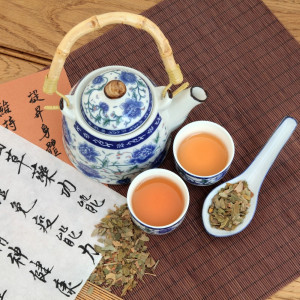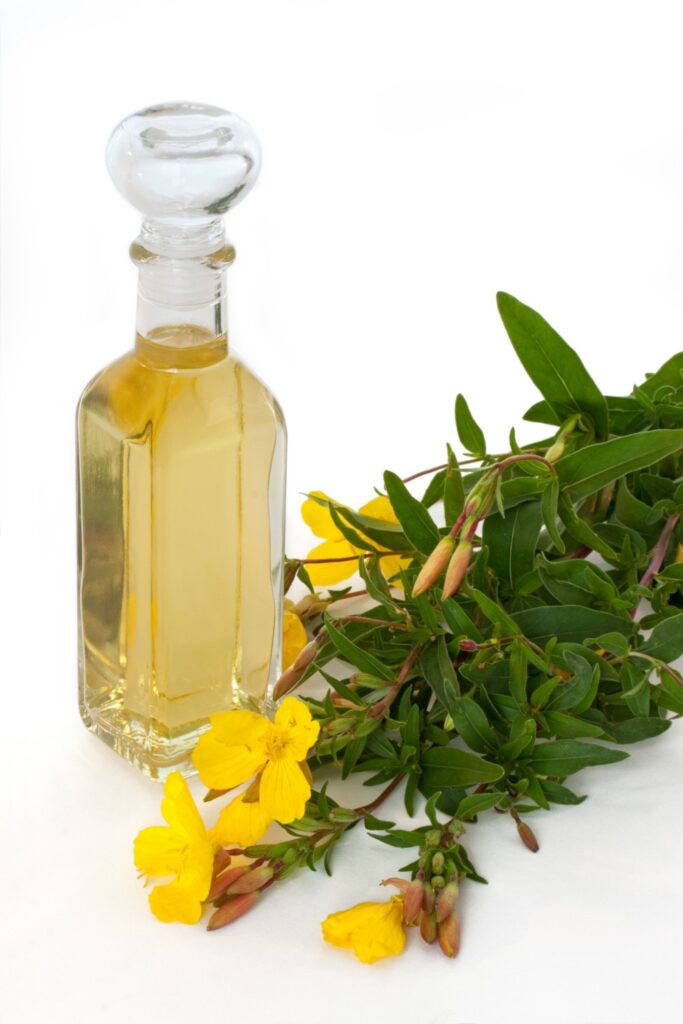Herbal teas have been cherished for centuries for their medicinal properties and relaxing qualities. From calming chamomile to invigorating peppermint, these natural beverages offer a pleasurable and effective way to unwind and revitalize the body and mind. In this comprehensive guide, we’ll explore the best natural herbal teas known for their relaxation and vitality-boosting benefits. Discover the best natural teas.
Table of Contents
- Understanding Herbal Teas
- Exploring the Best Natural Herbal Teas
- Selecting High-Quality Herbal Teas
- Incorporating Herbal Teas into Your Routine
- FAQ
Understanding Herbal Teas
What are Herbal Teas?
Herbal teas, also known as tisanes, are infusions made from dried or fresh herbs, flowers, roots, or fruits steeped in hot water. Unlike true teas, which are made from the leaves of the Camellia sinensis plant, herbal teas are caffeine-free and offer a wide range of flavors and therapeutic properties.
Health Benefits of Herbal Teas
Herbal teas boast a variety of health benefits, including:
- Stress reduction: Many herbs found in herbal teas have adaptogenic properties that help the body adapt to stress and promote a sense of calm and relaxation.
- Digestive support: Certain herbs, such as peppermint and ginger, are known for their digestive soothing properties, aiding in relief from bloating, indigestion, and nausea.
- Improved sleep: Herbal teas like chamomile and valerian have been traditionally used to promote sleep and relieve insomnia and restlessness.
Exploring the Best Natural Herbal Teas
Chamomile Tea
People widely recognize chamomile tea for its calming and soothing properties, making it an ideal choice for relaxation and stress relief. This herbal tea contains apigenin, a bioactive compound that binds to certain receptors in the brain, promoting sleepiness and reducing anxiety. Chamomile tea is often used as a natural remedy for insomnia and to enhance sleep quality. Additionally, its anti-inflammatory and antioxidant properties may contribute to overall health benefits, such as improved digestion and immune support. Drinking chamomile tea regularly can be a simple and effective way to enhance mental well-being and physical health, particularly in managing stress and encouraging relaxation.
Peppermint Tea
Peppermint tea is prized for its refreshing flavor and digestive benefits. It contains menthol, which has antispasmodic properties that help relax the muscles of the digestive tract, relieving gas, bloating, and indigestion.
Lavender Tea
Lavender tea is known for its fragrant aroma and relaxing properties. It contains linalool, a compound that exerts anxiolytic effects, reducing stress and promoting a sense of calm and well-being. Drinking lavender tea can help alleviate symptoms of anxiety, improve sleep quality, and provide relief from headaches. Its soothing properties also make it beneficial for digestive health, helping to ease stomach discomfort and promote better digestion. Regular consumption of lavender tea can enhance overall mental and physical relaxation.
Selecting High-Quality Herbal Teas
Factors to Consider
When selecting herbal teas, consider the following factors:
- Quality: Choose high-quality herbal teas made from fresh, organic ingredients for optimal flavor and nutritional benefits.
- Origin: Look for herbal teas sourced from reputable farms and regions known for their quality herbs and sustainable practices.
Organic vs. Conventional Herbal Teas
Organic herbal teas are grown and processed without the use of synthetic pesticides or chemical fertilizers, making them safer and healthier options for consumers. Indeed choosing organic herbal teas ensures you avoid exposure to harmful chemical residues and support environmentally friendly farming practices.
Incorporating Herbal Teas into Your Routine
Best Times to Enjoy Herbal Teas
Herbal teas can be enjoyed at any time of day, but they are particularly beneficial when consumed:
- Before bed: Relaxing herbal teas like chamomile and lavender can help promote restful sleep and reduce nighttime anxiety.
- After meals: Digestive herbal teas such as peppermint and ginger can aid in digestion and alleviate bloating and indigestion.
Preparing and Brewing Herbal Teas
To prepare herbal teas, follow these simple steps:
- 1. Boil water in a kettle or pot.
- 2. Place herbs or herbal tea bags in a cup or teapot.
- 3. Pour the hot water over the herbs.
- 4. Steep for the recommended duration, typically 5-10 minutes.
- 5. Strain the tea if necessary.
- 6. Enjoy hot or cold.
FAQ:
1. Are herbal teas safe for everyone to drink?
In general, herbal teas are considered safe for most people to drink. However, some individuals may experience allergic reactions or interactions with certain medications. It’s always best to consult with a healthcare professional before incorporating new herbal teas into your diet, especially if you have underlying health conditions or are pregnant or nursing.
2. Can herbal teas help with weight loss?
While people often promote herbal teas for their weight loss benefits, research on their effectiveness is limited. Some herbal teas, such as green tea, may support weight loss when combined with a healthy diet and lifestyle. However, individuals may experience varying results, and they should not rely on herbal teas as the sole method for weight loss.
3. How should herbal teas be stored?
To maintain optimal flavor and freshness, store herbal teas in an airtight container away from light, heat, and moisture. Indeed avoid storing them near spices or strong-smelling foods that could alter their flavor. Indeed, people should consume herbal teas within 6-12 months for the best quality.
4. Can children drink herbal teas?
Herbal teas are generally safe for children to drink in moderation. However, it’s important to choose teas that are appropriate for their age and development and avoid caffeinated varieties. Always supervise children when drinking hot beverages, and consult with a pediatrician if you have concerns or questions about specific herbal teas.
5. Can herbal teas interact with medications?
Indeed some herbal teas may interact with certain medications, enhancing or reducing their effects. If you are taking medications, it’s important to consult with your doctor or pharmacist before consuming herbal teas to avoid any potential interactions.






